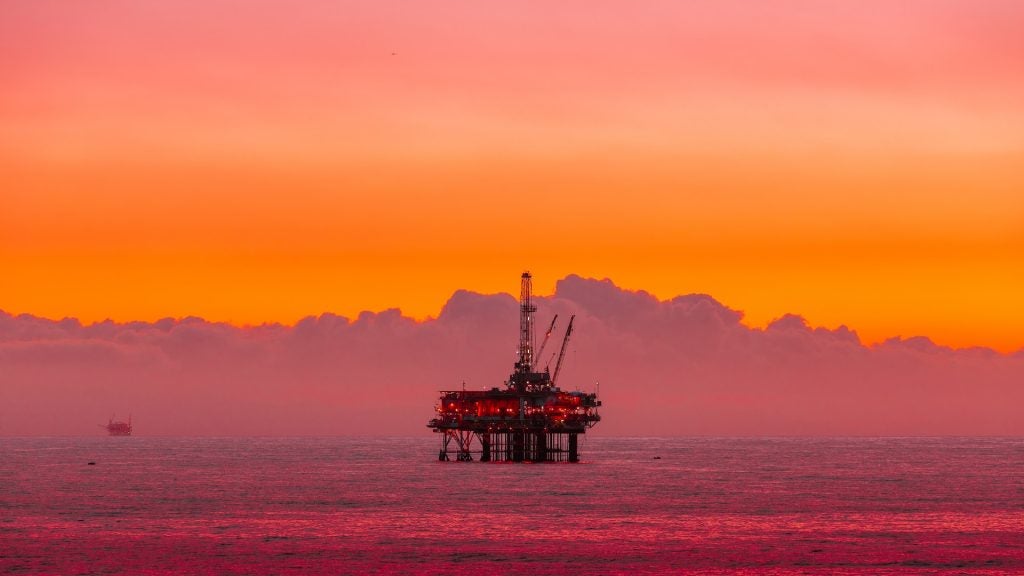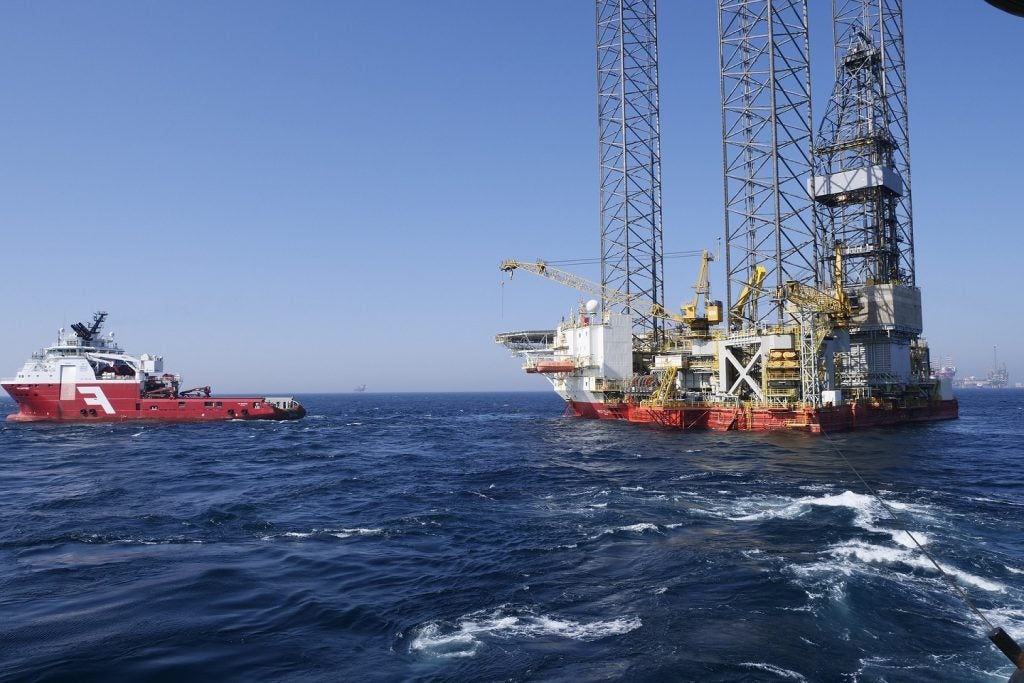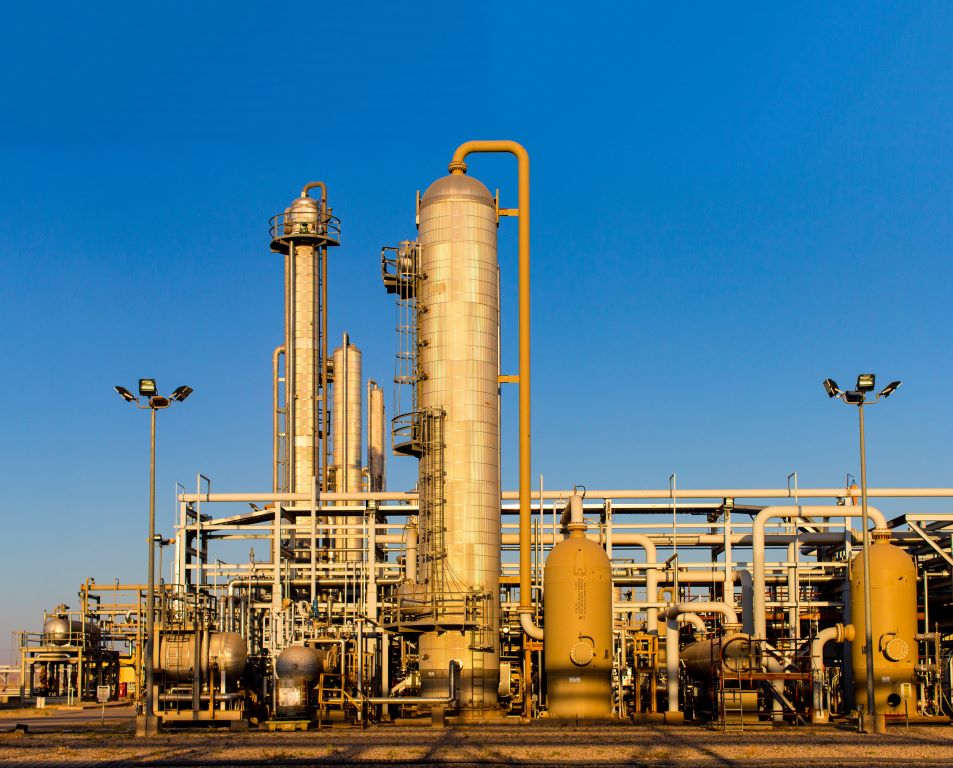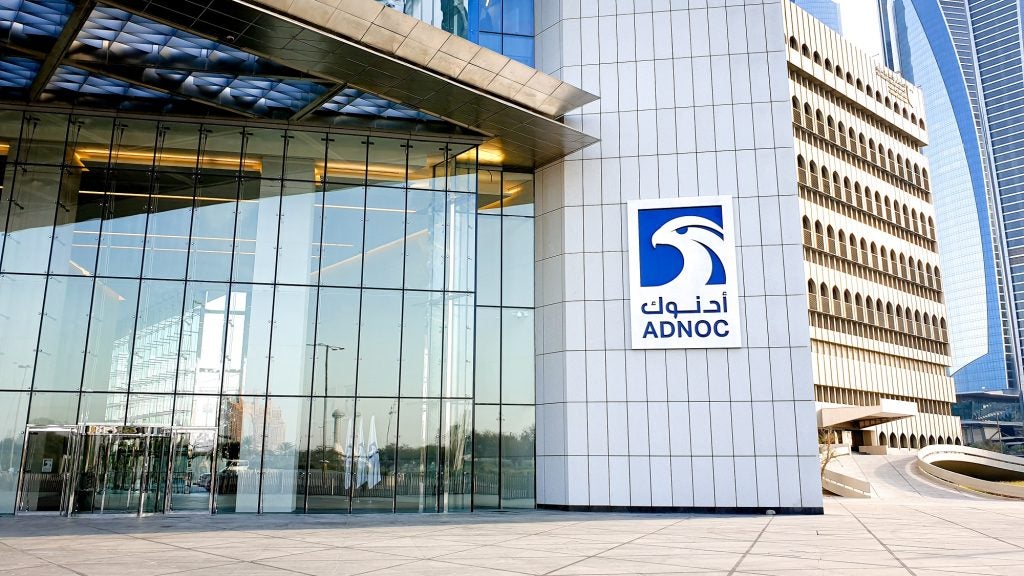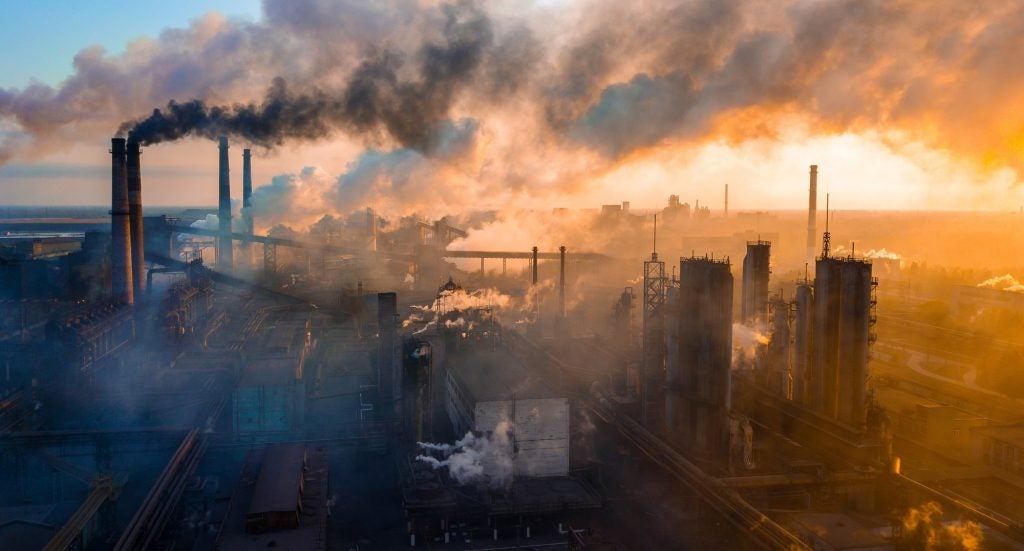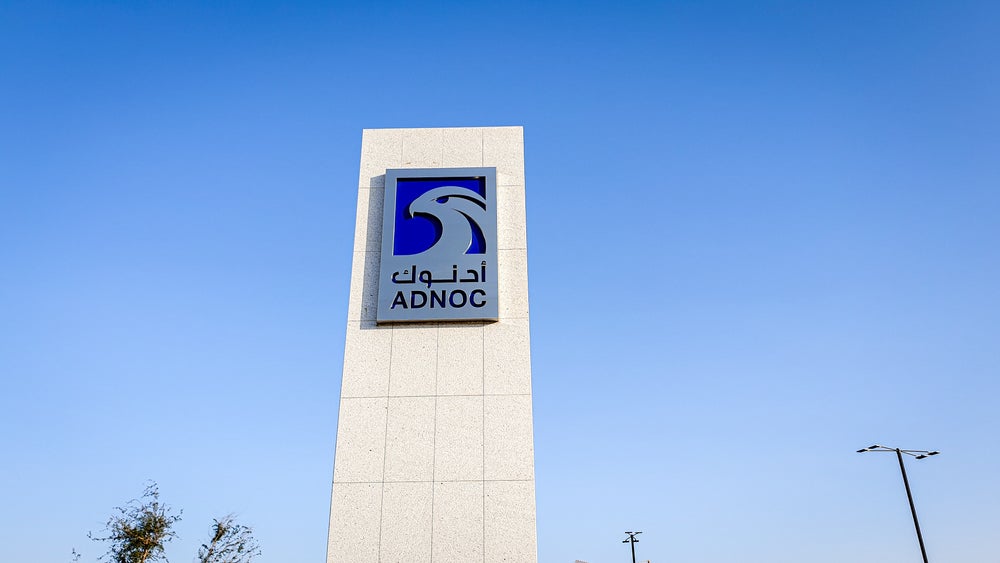Norwegian oil and gas company DNO has agreed to transfer the operatorship of the Brasse oil and gas discovery in production license 740 in the northern North Sea to OKEA.
In addition, the companies have agreed to move forward swiftly with the oil and gas discovery's development plan.
The plan includes connecting the Brasse discovery to the Brage field, which is located 13km north of the Brasse via a tieback.
Last year, OKEA took over as the operator of the Brage Field, which has been operational since 1993.
The key financial arrangements for the tie-in with the Brage joint venture, in which DNO holds a 14.25% ownership, have been agreed upon.
A final investment decision for the Brasse project is expected in early 2024.
OKEA SVP for projects and technology Knut Gjertsen said: "Together with DNO, we have in a short time worked out a project alternative for Brasse with a simplified tieback to Brage.
“We have now decided to continue to mature a development solution with less extensive topside modifications and a simplification of the design of the production wells compared to previous project assessments. We believe that this will result in a better and less costly project."
DNO North Sea general manager Ørjan Gjerde said: "Together with OKEA we have come up with a win-win development concept for Brasse. In addition to finally unlocking profitable barrels from the Brasse discovery itself, the project is expected to materially extend the Brage field’s remaining lifetime.”
OKEA acquired a 50% stake in the Brasse discovery, which was made in 2016, last December.
Between 2017 and 2019, four appraisal wells were drilled in the Brasse discovery, which is thought to hold 30 million barrels of oil equivalent, of which two-thirds are oil and the remaining third is gas and NGL.


